A 2023 analysis by the AAMC Research and Action Institute found that fewer new graduates of U.S. medical schools applied to residency programs in states that banned or restricted access to abortion compared to those where abortion remained legal. This analysis was conducted after the U.S. Supreme Court’s decision on Dobbs v. Jackson Women’s Health Organization in June 2022, just before residency applications were submitted for the 2022-2023 cycle. The ERAS program, a centralized online application service managed by the AAMC, facilitated this process. The current analysis updates the 2023 snapshot, examining the training location preferences of U.S. medical school graduates in the post-Dobbs era.
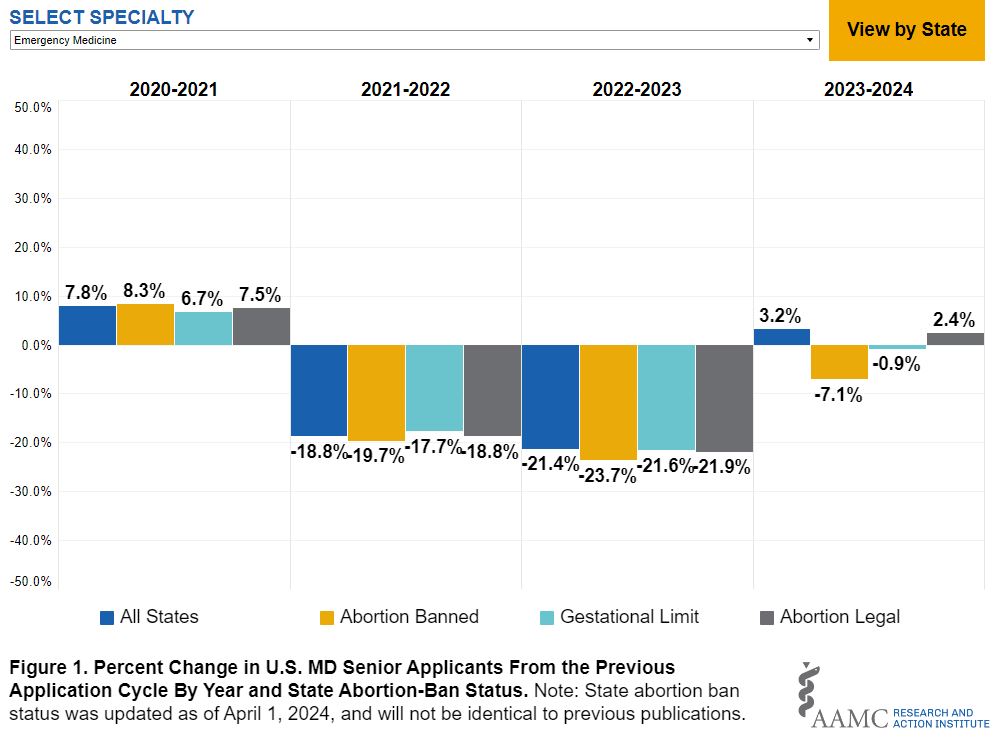
The latest data reveal continued declines in residency applications to programs in states with abortion bans two years post-Dobbs, during the 2023-2024 application cycle. As of April 2024, 14 states had enacted full abortion bans, up from 13 in 2023. These policy changes seem to influence where new physicians plan to practice, prompting state governments and healthcare leaders to consider the impact on their physician workforce. This study categorized states into three groups: those with abortion bans, those with gestational limits, and those without such restrictions. Although the overall number of U.S. MD seniors applying to residency slightly decreased in 2023-2024, states with full abortion bans experienced a more significant drop in applicants than those with fewer or no restrictions.
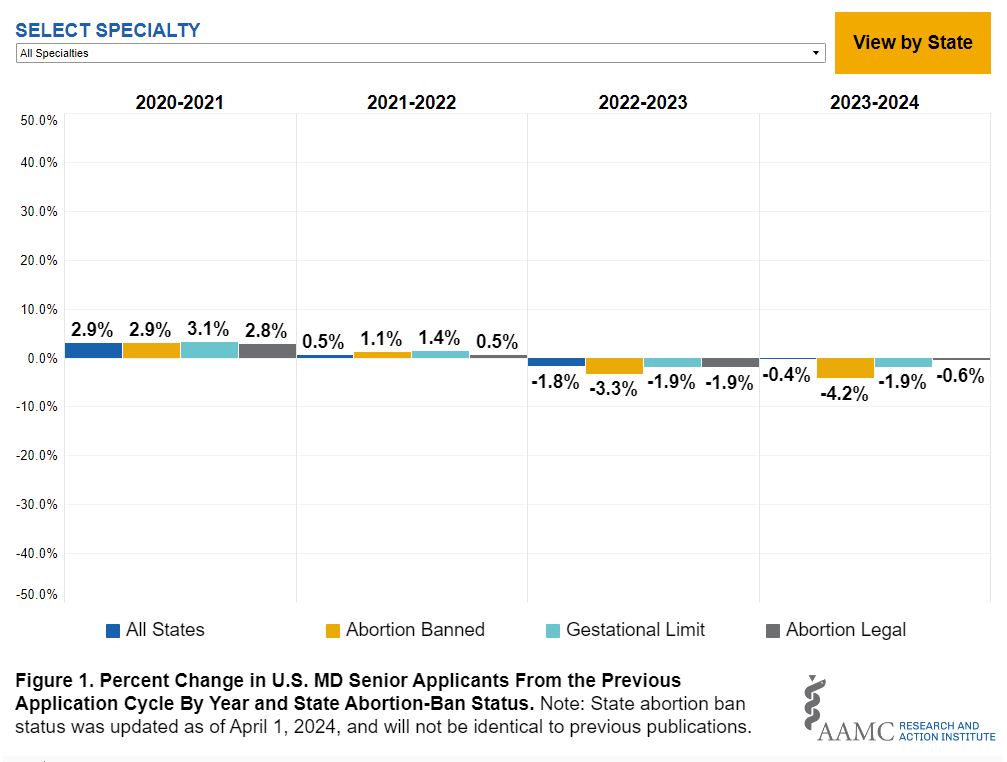
Both this analysis and the one from 2023 focused on U.S. MD seniors, who traditionally have the highest match rates into their desired specialties and programs, compared to osteopathic physicians (DOs) and international medical graduates (IMGs). These U.S. MD seniors are likely more sensitive to training and practice restrictions in states with stringent abortion laws. This year, U.S. MD seniors submitted fewer applications per person than in previous years, leading to applicants applying to programs in fewer states overall, which is an important factor when interpreting the data.
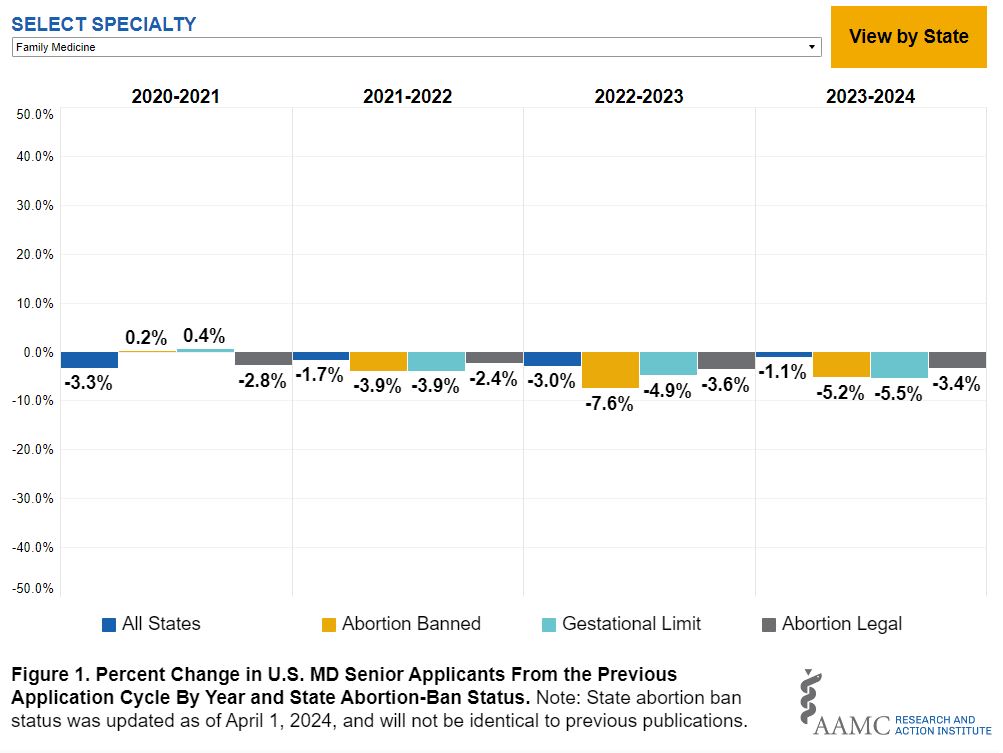
Despite a minor decrease of 72 U.S. MD senior applicants this cycle compared to last year, the total number of applications submitted by all U.S. MD seniors dropped by over 100,000. On average, states saw a 10.1% decline in U.S. MD senior applicants, though this varied significantly, with some states experiencing a 19.3% decrease and others seeing a 30.3% increase. While the ERAS program aims to reduce the number of applications per applicant, a noticeable decrease in applications to programs in states with abortion bans persists.
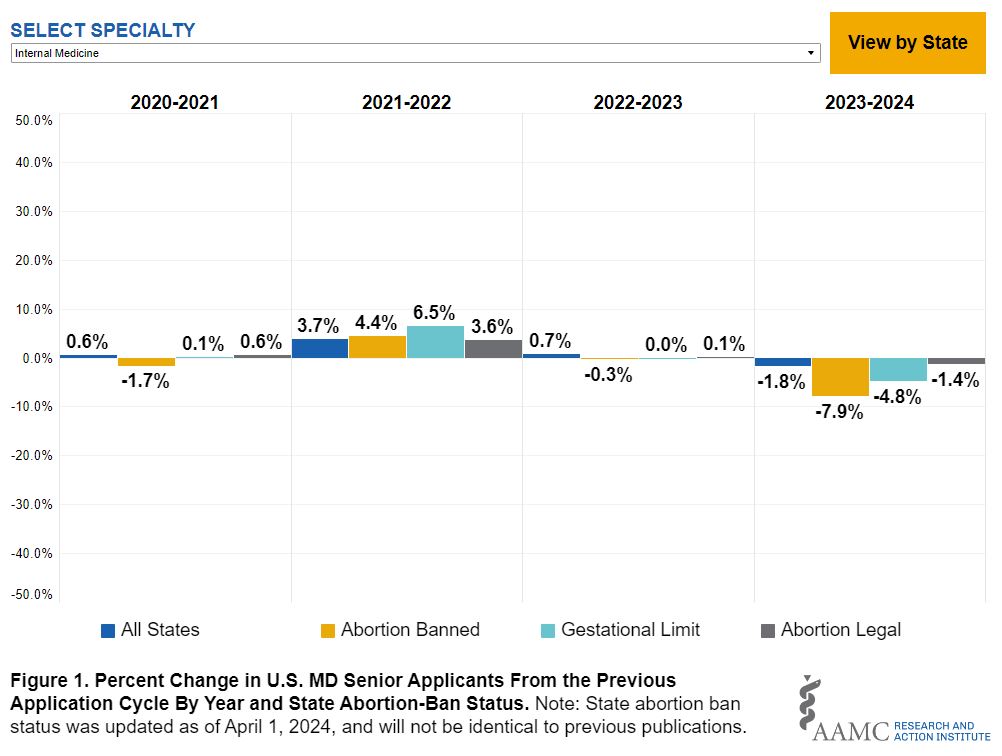
For the second consecutive year, there were fewer U.S. MD senior applicants to residency programs in states with various abortion restrictions, with the most substantial decreases in states with complete bans. Overall, the number of U.S. MD senior applicants to residencies in states with abortion bans fell by 4.2% from the previous cycle, compared to a smaller 0.6% decrease in states where abortion remained legal.
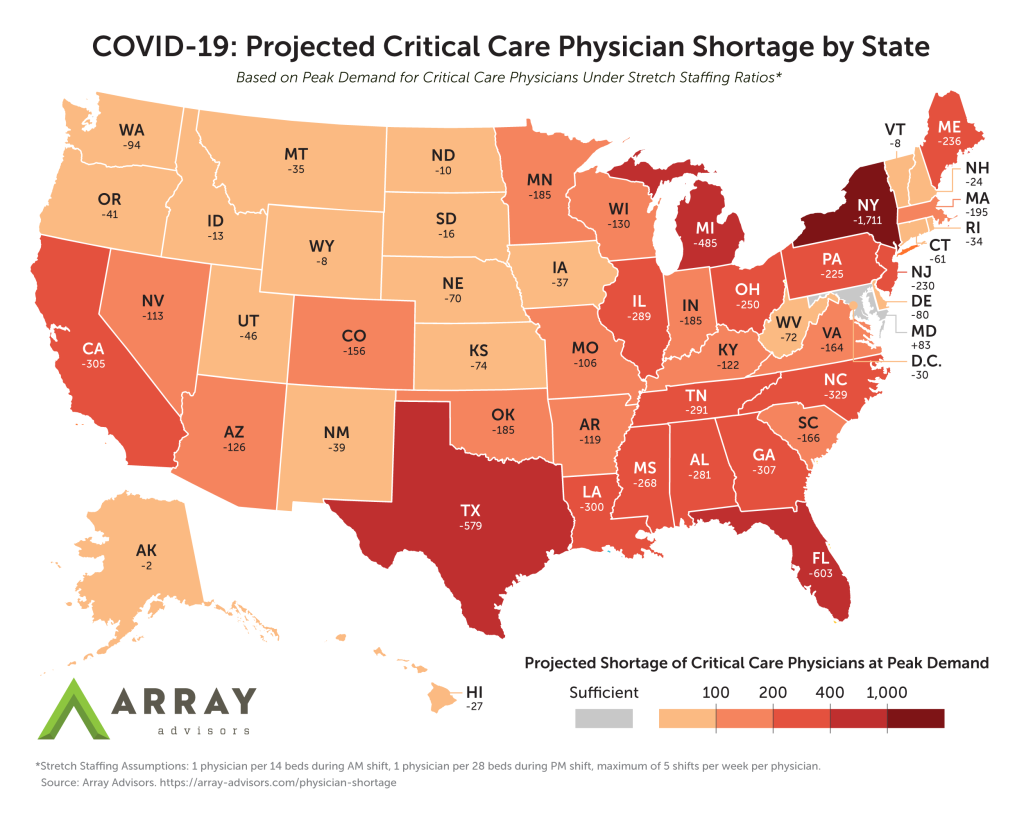
Republican states are already some of the most understaffed states especially Texas and Florida. The correlation between states’ abortion-ban status and the number and size of residency programs suggests that applicants might be responding to factors beyond program size. States with severe restrictions are often less populous and have fewer residency programs, yet U.S. MD applicants seem to be selectively avoiding these states regardless of the number of programs available. The trend of fewer applicants to programs in states with abortion restrictions compared to states where abortion is legal was even more pronounced in 2024 than in 2023.
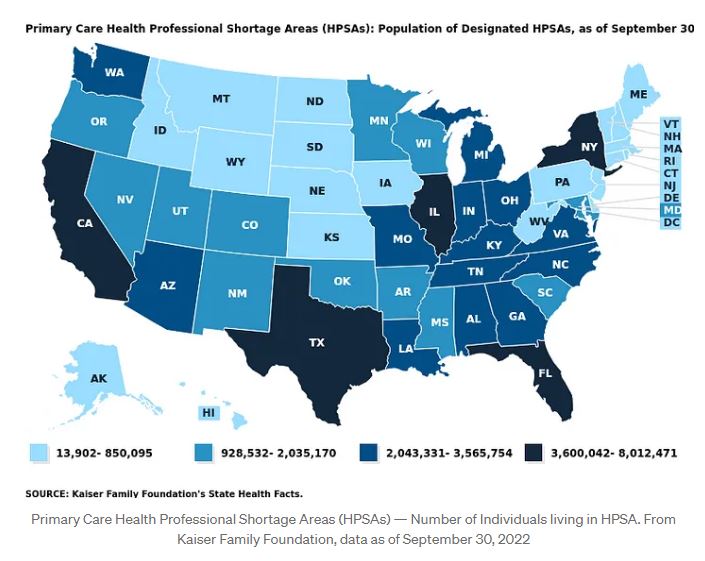
Republican states with strict abortion laws are poised to face a significant shortage of doctors due to these trends. As new medical graduates increasingly avoid these states for their residencies, the impact on healthcare access and quality in these regions could be profound. State governments and healthcare leaders in Republican-led states need to address the potential long-term consequences of these policy decisions on their healthcare systems.
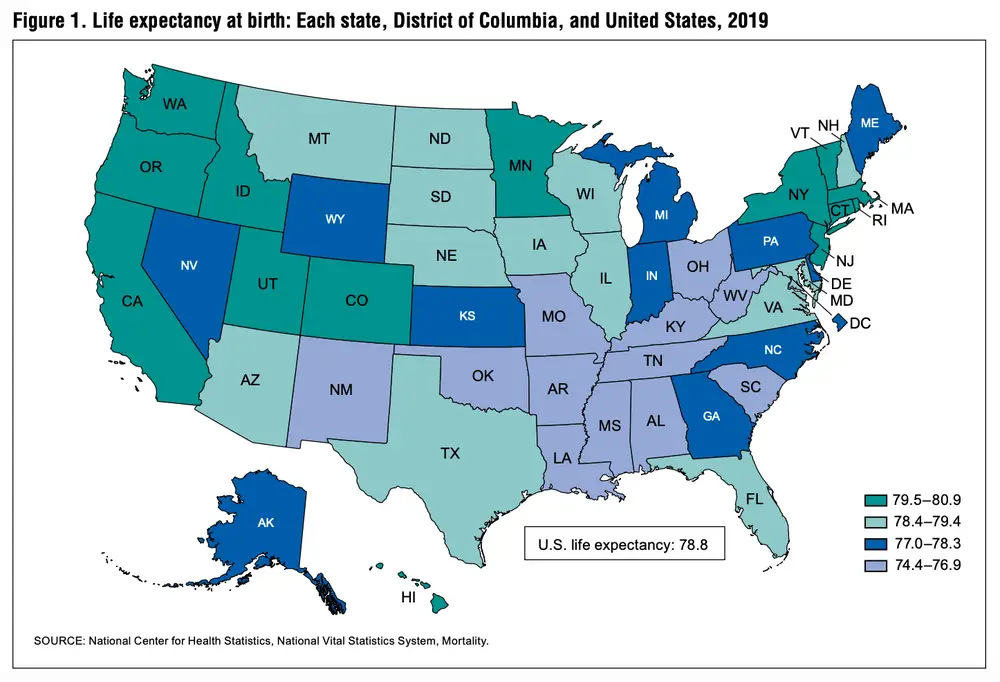
The ongoing reduction in residency applications in states with abortion bans highlights a critical issue for the future of healthcare in these areas. Many of these areas are already experiencing a shortage of medical professionals and have a below average life expectancy.
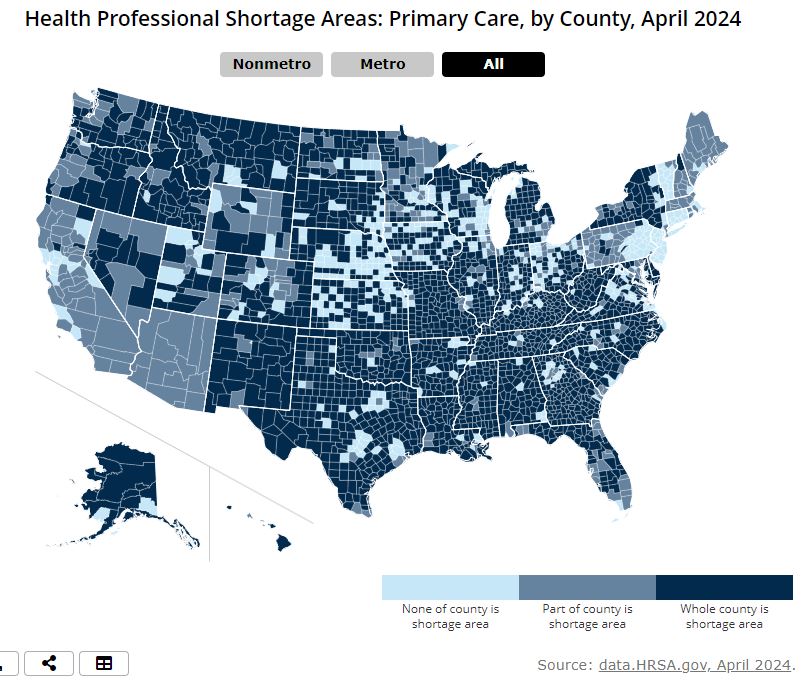
If the trend continues, Republican states may struggle to maintain an adequate physician workforce, exacerbating existing healthcare challenges. This data underscores the need for a careful reevaluation of policies that influence medical graduates’ decisions on where to train and practice.






